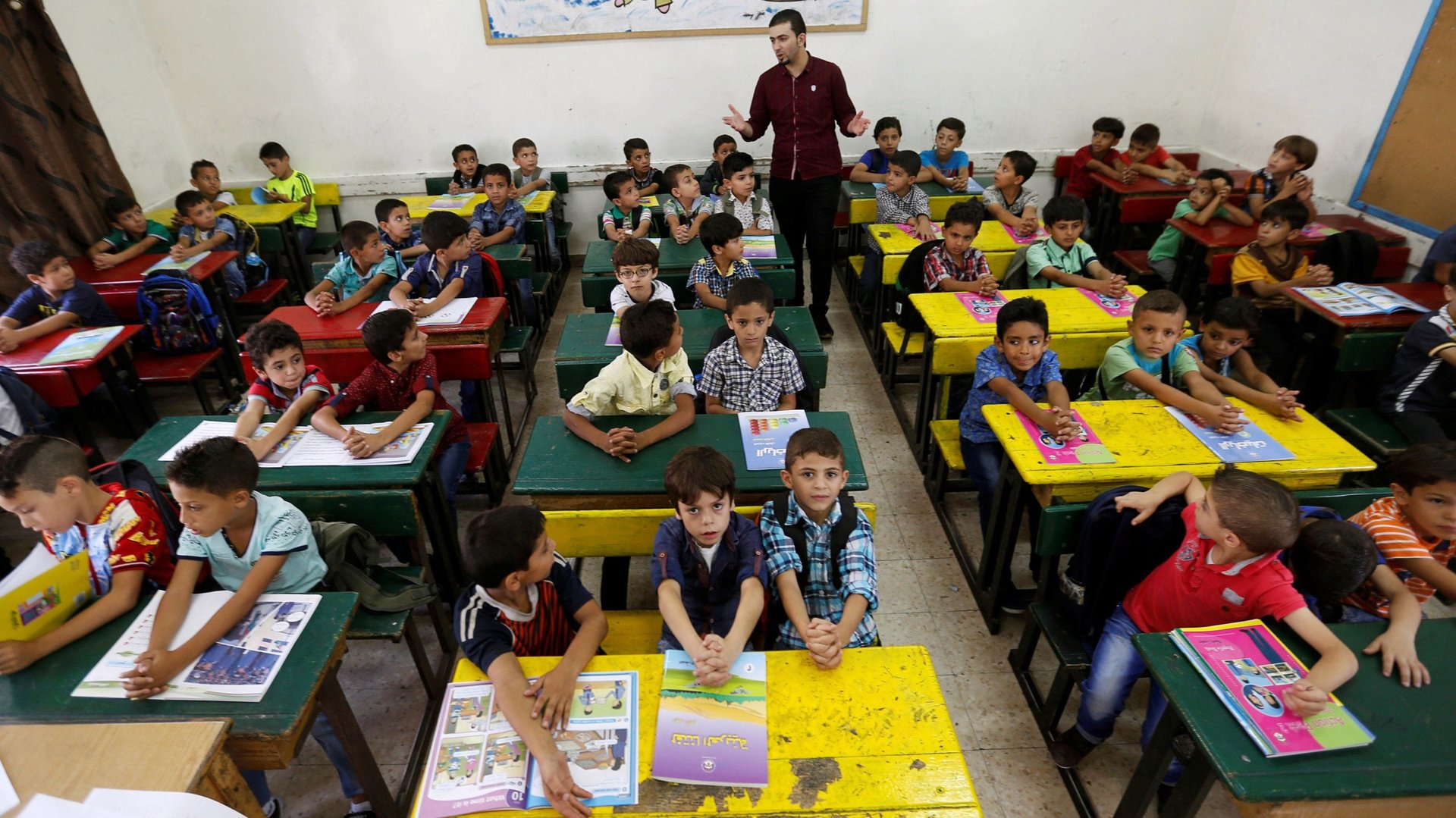Why playing games like “Simon Says” can help kids do better in school
Games like “Simon Says” aren’t simply child’s play: A new study suggests that this and other children’s classics can help improve kids’ chances of success in the classroom.


Games like “Simon Says” aren’t simply child’s play: A new study suggests that this and other children’s classics can help improve kids’ chances of success in the classroom.
The study, led by researchers from Michigan State University and published in the journal Early Childhood Research Quarterly, found that children’s ability to self-regulate is a critical element in their language and literacy development. Kids who are good at self-regulating can manage their emotions and behavior in order to achieve a specific goal—including things like remembering information and ignoring distractions to focus on a specific task.
The study, which followed a group of 351 US children from preschool through second grade, measured children’s reading comprehension, phonological awareness, and vocabulary. It also evaluated children’s ability to self-regulate through the first grade by asking them to play a variation of “Simon Says,” assessing their ability to follow instructions (touch your head and your knees) as well as to do the opposite of what they’re asked (don’t touch your head).
The researchers found that kids who were better at self-regulation developed stronger language and literacy skills. The earlier kids develop self-regulation, researchers say, the faster those skills develop. The advantages of self-regulation don’t fade over time; in fact, the study found “a large and enduring advantage for developing self-regulation earlier,” because, they wrote, “children who did so had higher predicted language and literacy scores throughout the range of our study, from preschool through second grade.”
How to teach kids self-regulation
Some kids are more naturally inclined to good self-regulation skills than others. But there are things that all parents can do to help their children get better at it.
“Consistency seems to be a good thing for children,” Lori Skibbe, the lead author of the study and an associate professor in the human development and family studies department at Michigan State, told Quartz. “Parents can help children to regulate their behaviors by being very conscious of children’s day-to-day environments.” Practical steps might include “helping children understand what’s coming next in their day”—for example, talking to your child about how after she finishes breakfast, you’ll both get dressed and go to school. Establishing routines—like a regular bedtime—can help. So can games that help with self-regulation, like good old Simon Says.All of these activities can help children practice the art of self-regulation, which comes in handy when it’s time for them to focus on language and reading.
Of course, there’s only so much that parents can do. But kids are entering a world that’s full of distractions—so anything parents can do to help them learn to concentrate on the task at hand is a good place to start. ”By nature, humans are not effective multitaskers,” Skibbe says in a press release, “and children need time where they focus on only one thing.”
This reporting is part of a series supported by a grant from the Bernard van Leer Foundation. The author’s views are not necessarily those of the Bernard van Leer Foundation.